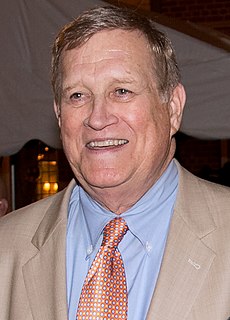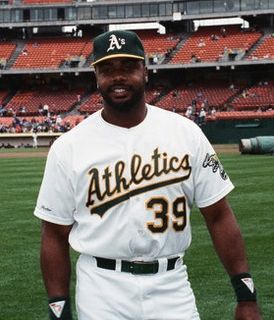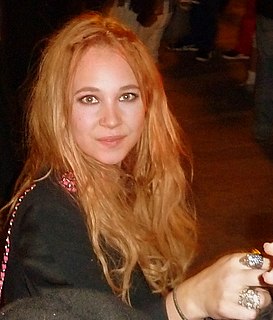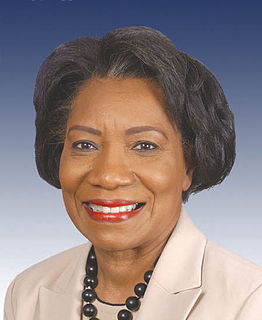A Quote by Megan Fox
To be outspoken, or different at all, is a problem for women.
Related Quotes
Any child may go through periods during which they become less outspoken with their parents or teachers. But girls, like boys, live in many different worlds - they have their friends and their classroom and their parents - and within these different domains, they may have different levels of expressiveness.
The implications of likability are long-lasting and serious. Women adjust their behavior to be likable and as a result have less power in the world. And this desire to be liked and accepted goes beyond the boardroom - it's an issue that comes up for women in their personal lives as well, especially as they become more opinionated and outspoken.
I want the government in the DRC and everywhere where gender inequality is a problem, it's not only an African problem, to take this seriously, also to do everything they can to ensure that we put an end to impunity, to address the problem of impunity and also to assist the women; to empower women, to make sure that they have a voice and a seat at the table where decisions are made.
I care deeply about women's rights. I have been an outspoken advocate for them for many years and as secretary of state I carried that message around the world because empowering women, providing for women's rights, their full participation in society, politics, the economy is not only a matter of individuals being able to chart their own futures. It's good for democracy and it's good for peace and prosperity.




































